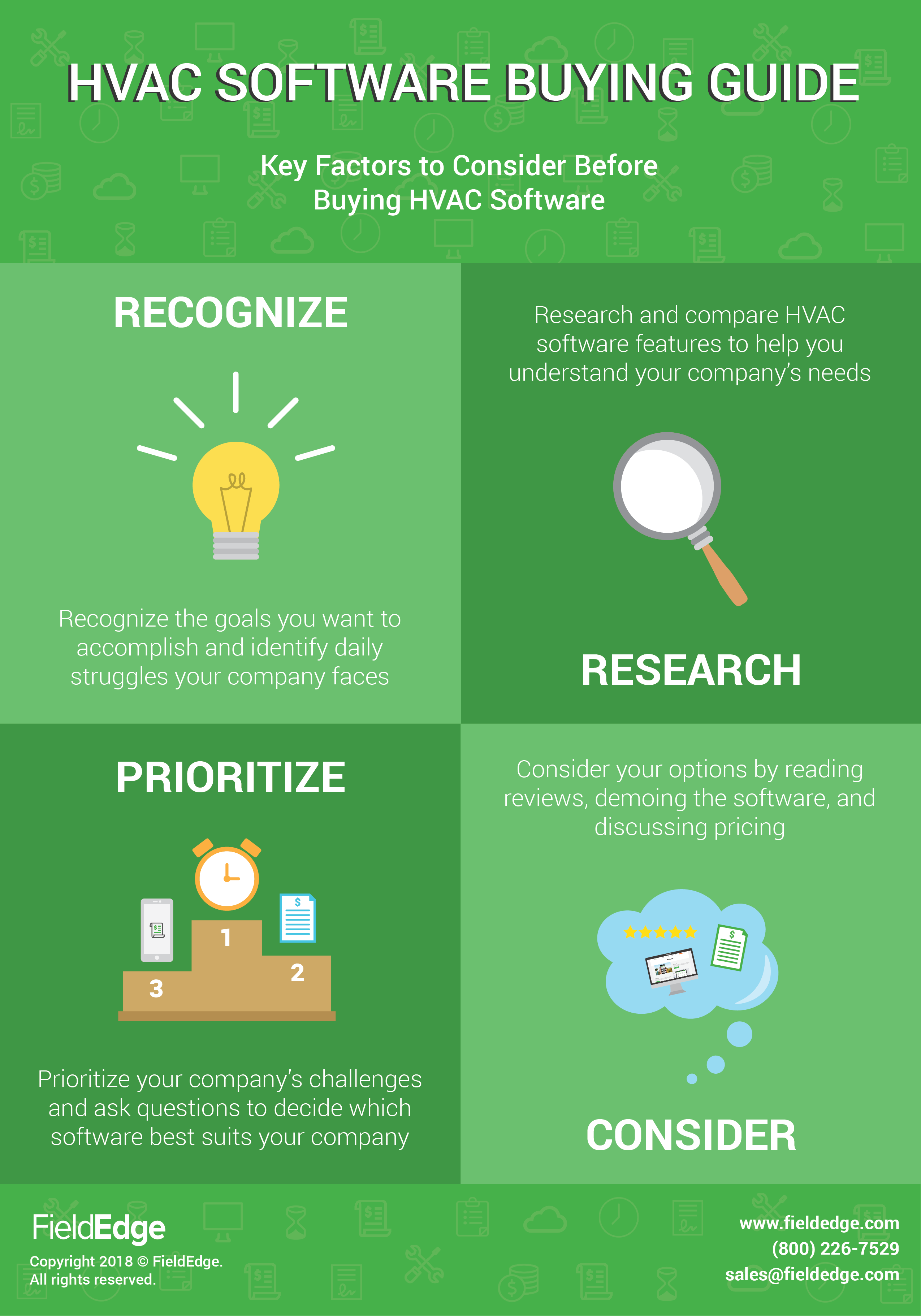Checking Out The Ecological Benefits Of Warm Pumps - A Sustainable Heating Service
Checking Out The Ecological Benefits Of Warm Pumps - A Sustainable Heating Service
Blog Article
Uploaded By-Barry Hewitt
In an age where sustainability and power effectiveness are paramount, many organizations seek green home heating remedies. One such service is the heatpump.
A heat pump draws out the warmth in its environments and pumps it into your home, causing one of one of the most reliable environment-friendly central heater around. This procedure additionally creates absolutely no greenhouse gas emissions, making it a very lasting innovation.
Power Efficiency
Heatpump are extremely power efficient and require little upkeep. They utilize less electrical energy than other heating unit and are by far one of the most eco-friendly. They work well with rooftop solar and can often pay for themselves in utility cost savings alone.
They can additionally provide air conditioning, which is terrific for garage workshops, attic hangouts and bonus rooms, and home additions without extending the existing ductwork. They can even be utilized for retrofits in existing homes with hydronic (water-based) circulation systems such as low temperature level radiators or radiant floorings.
Look for models with SEER and HSPF rankings that fulfill or exceed Canada's minimum requirements, as well as the standards in your region. heating ventilation and air conditioning suggest higher efficiency, which saves you money in the future and reduces your carbon footprint. You may also get approved for discounts and rewards! winter heating christchurch are those with a ground warm exchanger for added performance. These devices can soak up thermal power from the ground during the winter months and extract it in the summertime.
Minimized linked webpage work on electricity and basically move heat from the air, even when it's chilly outside. They are able to remove the free warmth entraped in air bits and relocate them inside, decreasing humidity while doing so.
Compared to gas heating systems, contemporary heat pumps make use of less than one kilowatt of electrical energy per kilowatt of heating power they generate. This makes them one of the most power effective home heating option offered with a POLICE (Coefficient of Performance) of four or more. By reducing the demand for nonrenewable fuel sources, heatpump help in reducing greenhouse gas discharges and reduce various other significant air toxins.
Structure decarbonization is a worldwide imperative, and the HVAC market is a crucial driver of that process. Whether it's investor making net zero dedications, policy makers establishing emissions limitations, or lessees demanding greener areas, electrical heat pumps are being acknowledged as a necessary service. They are an affordable method to reduce carbon emissions by removing the need for nonrenewable fuel sources in buildings.
Convenience
Heat pumps can be utilized in lots of kinds of homes and buildings-- with or without ducts. They deal with hot-water radiators, air-conditioning and programmable thermostats. They can change heating systems or be mounted in brand-new homes. They can work on photovoltaic panels, geothermal systems and even district heating sources like wastewater.
They're excellent at supplying even more heat per power unit. As an example, an air-source heatpump produces as much as 3 or more heating units from each electrical energy system it eats.
Getting the most from your heat pump will depend upon your environment zone and quality of insulation. Look for models with ENERGY celebrity rankings and compare their SEER or HSPF specs. In warmer environments, focus on SEER; in chillier areas, consider a system with a higher HSPF ranking. Additionally, buy air sealing and insulation to minimize the tons on your heatpump. That will improve energy effectiveness and help you reach your Net No objectives quicker.
Biomass Boilers
Biomass central heating boilers make use of wood pellets, chips or logs to produce warm and hot water. They are an excellent option for off-grid buildings or those who intend to get off the gas grid.
As a standalone heater, biomass can give enough energy to maintain your home cozy all the time without the regular heat drop off of other eco-friendly technologies. They can likewise be utilized in conjunction with solar panels to maximise financial savings and take advantage of RHI settlements.
A disadvantage of these systems is the in advance cost and routine gas shipments. Frequently, pellets will certainly require to be blown into a fuel shop making use of a vacuum system or they can be manually fed into the boiler with a hopper. Logs are commonly self-sourced from close-by timberland or purchased wholesale. As well as this, they need manual loading and might need cleaning regularly.